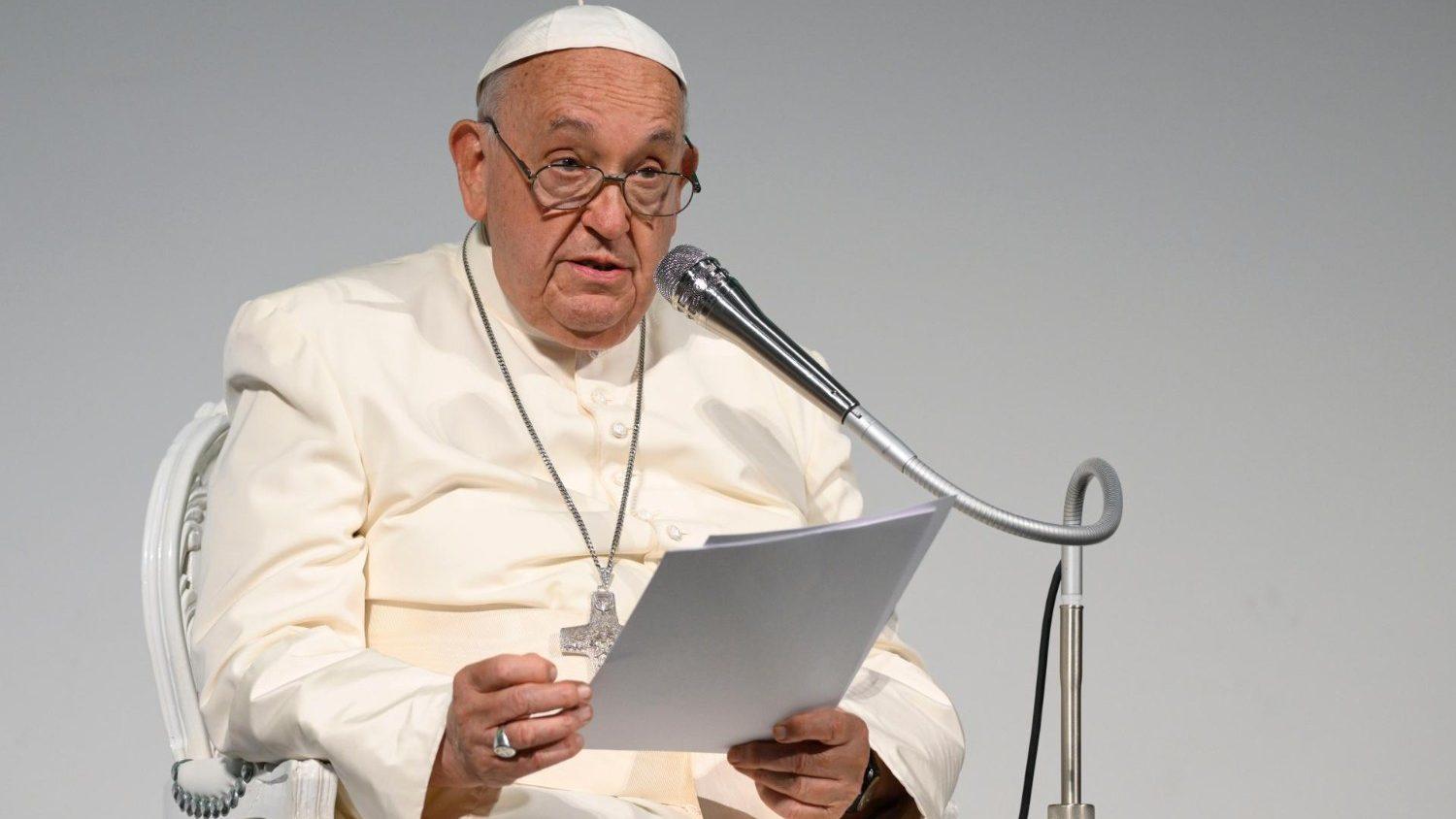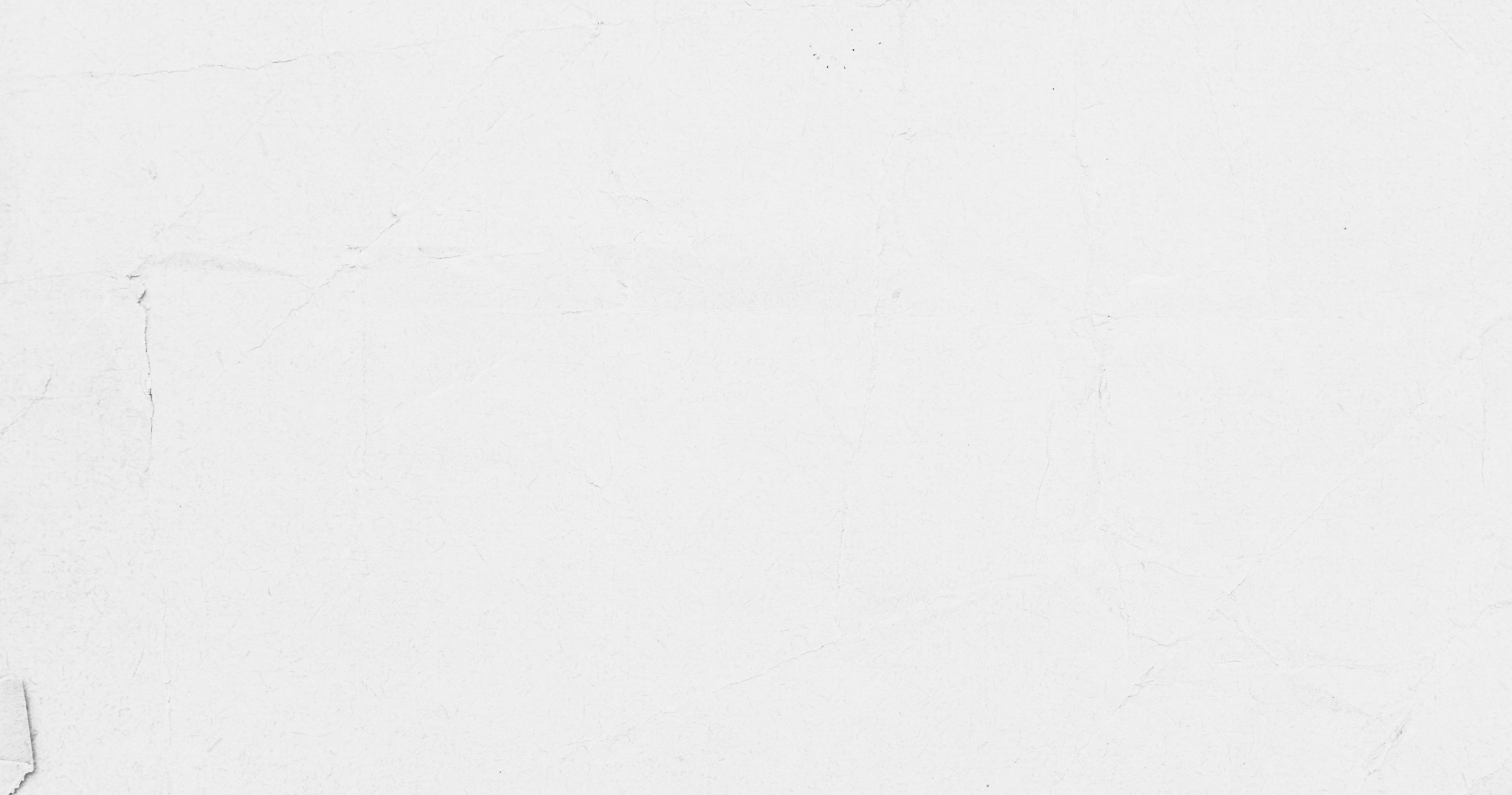Pope Francis has lamented the current state of democratic affairs throughout the world. Calling for the fostering of greater inclusion and a system in which no one is marginalised, his comments follow a spate of recent elections, including for the European parliament and in the UK, Iran and France.
Speaking on Sunday 7 July to participants at Italy’s 50th Catholic Social Week in Trieste, the Pope said: “It is evident that in the world today, democracy, let’s tell the truth, does not enjoy good health.” <br><br>This diagnosis, he said, is based on a definition of democracy given by Blessed Giuseppe Toniolo, a renowned Italian priest who launched Catholic Social Week in 1907, and who defined democracy as “that civil order in which all social, juridical and economic forces, in the fullness of their hierarchal development, cooperate properly for the common good, flowing into the final result to the prevalent advantage of the lower classes.”
The Pope's comments came during an address titled “At the heart of democracy: Participating between history and future”, which was part of the closing session of the July 3-7 event in Trieste.
Organised by the powerful Italian Bishops’ Conference and dedicated to promoting the Church’s social agenda, the 50th Catholic Social Week was opened by Italian President Sergio Mattarella and drew a slew of other high-profile civil and ecclesial authorities, including Italian Cardinal Matteo Zuppi of Bologna, president of the Italian bishops’ conference.
Addressing some 1,200 delegates from dioceses and associations across Italy, the Pope said the declining state of democracy is concerning for the world, because the good of humanity is at risk.
He compared the current crisis in democracy to “a wounded heart", describing it as a “heart attack” in which “we must also worry about the different forms of social exclusion”.<br><br>“Everyone must feel part of a community project; no one must feel useless,” he said, stressing the need to give special attention to the poor and marginalised.
“Every time someone is marginalised, the whole social body suffers,” he said, and lamented the prevalence of what he has often referred to as a culture of waste, which he said does not allow space for the poor, the unborn, sick and fragile people, the elderly, or children.<br><br>“Certain forms of welfare that do not recognise the dignity of people are social hypocrisy. Let’s not forget this. And what is behind this distancing form social reality? There is indifference, and indifference is a cancer of democracy, a non-participation,” he said, adding that such disregard for human dignity “is the enemy of democracy, is the enemy of love of neighbour".
In this system, “power becomes self-referential – this is a terrible illness – incapable of listening and serving the people,” the Pope said.
Quoting former Italian Prime Minister Aldo Moro, who was abducted and killed by terrorists in 1978, the Pope said: “A state is not truly a democracy if it is not at the service of man, if it does not have as its supreme goal the dignity, freedom and autonomy of the human person, if it does not respect those social formations in which the human person freely develops and in which he integrates his own personality.”
The Pope said that although democracy is more than just a vote, voting remains important, and he voiced concern about the falling number of citizens who choose to cast a vote in elections.
The Pope’s comments came the same day that France held a runoff election with what were near-record levels of voter turnout, but which still only amounted to around 60 per cent turnout.<br><br><strong>RELATED: <a href="https://catholicherald.co.uk/as-in-us-cultural-dissatisfaction-in-france-driving-voters-with-catholics-turning-to-marine-le-pen/?swcfpc=1"><mark style="background-color:rgba(0, 0, 0, 0)" class="has-inline-color has-vivid-cyan-blue-color">Why France’s Catholics are turning to Marine Le Pen</mark></a></strong>
Pope Francis insisted that conditions must be created in which everyone can participate and vote, saying this participation must be facilitated in young people.
Noting “the critical sense in regards to ideological and populistic temptations”, the Pope touted the role that Christians can play in promoting European cultural and social development through dialogue with civil and political institutions, while cautioning against falling into various forms of ideology.
“Enlightening each other and freeing ourselves from the dross of ideology, we can start a common reflection especially on issues related to human life and the dignity of the person,” he said, adding: “Ideologies are seductive…they seduce, but they lead you to deny yourself.”<br><br><strong>RELATED: <a href="https://catholicherald.co.uk/keeping-up-christian-appearances-in-a-hypocritical-world-of-performance/?swcfpc=1"><mark style="background-color:rgba(0, 0, 0, 0)" class="has-inline-color has-vivid-cyan-blue-color">Keeping up Christian appearances in a hypocritical world of performance</mark></a></strong>
Pope Francis stressed the importance of participation in a healthy democracy, saying, “In social life it is so necessary to heal hearts…and for this it is necessary to exercise creativity".
He pointed to various areas where he said the action of the Holy Spirit can be seen in democratic societies, and urged attendees to reflect on moments in which space is made for the inclusion of people with disabilities, when local leaders promote natality, work opportunities, education, accessible housing and the integration of migrants and refugees.
“The heart of politics is to participate. And these are the things that participation does, a taking care of the whole; not just charity…no, the whole!” he said, saying it requires courage “to think of ourselves as a people and not as my clan".
Attention to the people is “not populism”, but is something different, he said, and urged attendees not to be satisfied with easy solutions to societal problems.
“It is our duty not to manipulate the word democracy nor to deform it with titles, empty titles, capable of justifying any action. Democracy is not an empty box, but is tied to the values of the person, of fraternity, and also of integral ecology,” he said.<br><br><strong>RELATED: <a href="https://catholicherald.co.uk/conservative-catholic-big-beasts-wiped-out-in-labour-landslide/"><mark style="background-color:rgba(0, 0, 0, 0)" class="has-inline-color has-vivid-cyan-blue-color">Catholic ‘big beasts’ wiped out in Labour landslide</mark></a></strong>
Catholics have a key role to play in facilitating an active participation and fostering inclusion, he said, explaining, “We must be a voice, a voice that denounces and proposes in a society that is often voiceless and where too many have no voice.”
This, he added, is “a form of charity that allows politics to live up to its responsibilities and to escape from polarisations, these polarisations that impoverish and do not help to understand and face challenges".
Everyone is called to this political charity, the Pope emphasised, and encouraged more people to get involved, especially young people, in organising projects and promoting various initiatives. <br><br><em>Photo: Pope Francis speaking in Trieste, Italy, 7 July 2024. (Credit: Vatican Media, via Crux.)</em>


